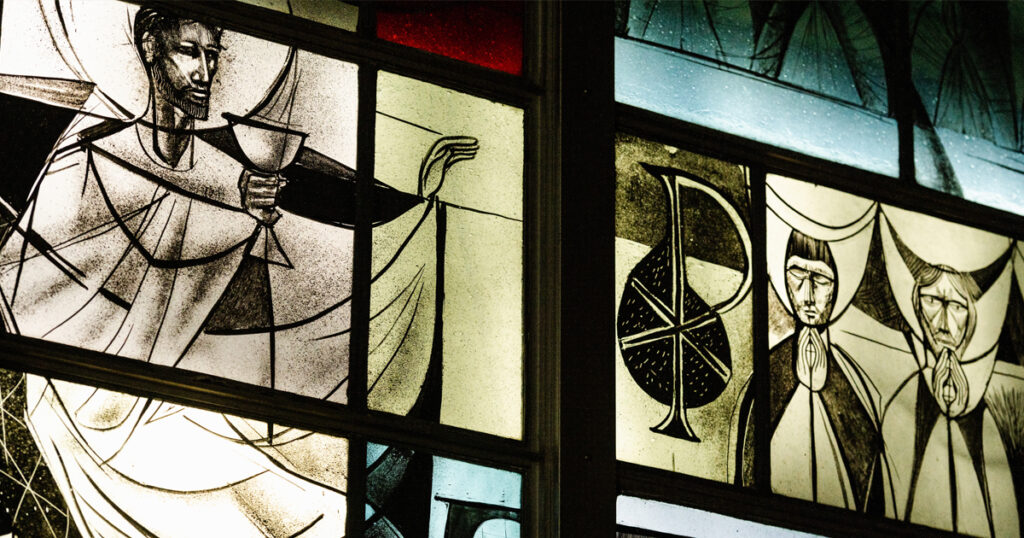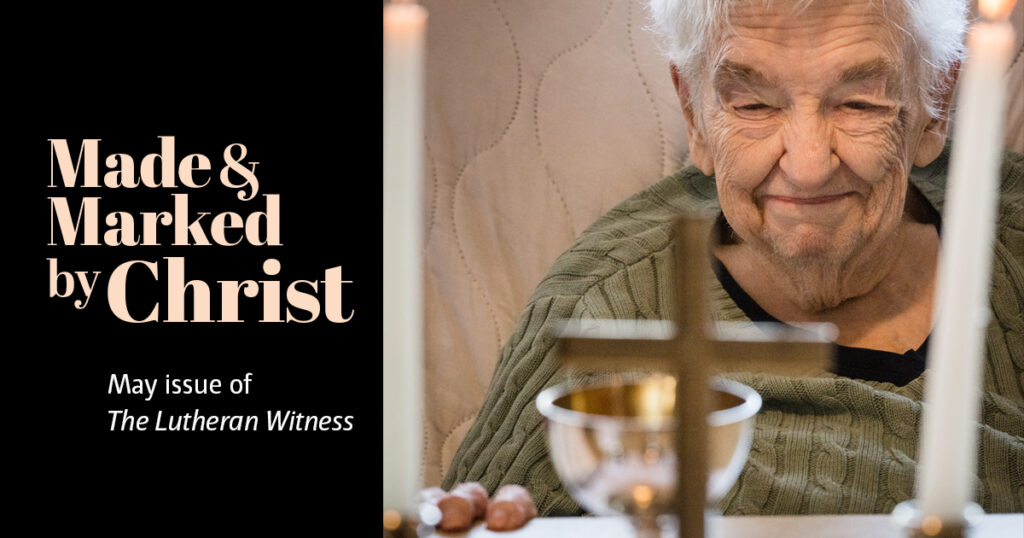Unbelievers sometimes convert to Christianity. But sometimes Christians deconvert to unbelief.
Psychologist Joel Furches has studied atheists, looking for what led to their rejection of religion. In his report “Why Do Christians Become Atheists?,” Dr. Furches, who is sympathetic to Christianity, shows that atheism — far from being a rational conclusion — is nearly always driven by emotional reactions to negative experiences with religion. And these tend to follow a consistent pattern.
He stresses that he is not referring to “disaffiliation,” when a person simply drifts away
from the church and from Christianity. Rather, he focuses on atheists, people who do not believe in God at all and are hostile to religion.
Furches found that atheists tend to be former churchgoers. In fact, he said, “Deconverts were often the most committed Christians in their church. And now they are equally committed against the church. Whereas those who disaffiliate were never very committed while they were there.”
Dr. Furches found five “setting conditions” in churches that are consistently associated with the formation of atheists:
(1) Performance control. “[T]he community expects you to act a certain way, and will call you out if you don’t live up to those expectations. . . . There is a heavy pressure to perform and there is a consequence of shame or guilt if you fail.” [Dr. Furches also calls this legalism.]
(2) Textualism. “[A] religious community reads and interprets their scripture as literally and rigidly as possible. Less consideration is given to nuance or cultural features of the text.”
(3) Isolationism. “[T]he individual does not stray far outside his or her church community, and does not entertain any sort of news or entertainment media which do not subscribe to the culture of the church.”
(4) Spiritualism. “These churches focus on things like the workings of angels, demons, and spirits in the world. They sometimes engage in rituals which invoke miracles or ecstatic spiritual experiences.”
(5) Compulsive Certainty. “In this church setting a person isn’t just encouraged to be certain of their salvation, the truth of the Bible, the fidelity of the minister, and other things. They are expected to be certain. Any type of uncertainty is seen as evidence of backsliding, disbelief, or misbehavior.”
The person struggling in these settings then goes through distinct stages:
(1) Stressors. The individual experiences stress because of one or more certain conditions, such as going to college where these views are ridiculed, gaining new friends who have different beliefs, failing to live up to the moral standards, etc.
(2) Trigger Event. Something happens to bring the conflict to a crisis such as a personal tragedy, discovery of one’s moral failure, the disillusionment with the pastor or congregation, an overt conflict with a religious authority, etc.
(3) Processing. At this stage, the person often does not wish to lose his or her faith and is looking for “rescue.” The person starts reading either critiques of Christianity or apologetics. The person often meets with the pastor, who might help or might provoke further alienation.
(4) Deconversion. If the “rescue” fails, the person decides to repudiate the faith. This is often accompanied by a crisis, since that decision destroys the individual’s identity and community. To rebuild that, the newly-minted atheist often becomes militant — his religious zeal replaced by an atheist zeal — and seeks community with other atheists.
To be sure, this psychological account neglects the moral and spiritual causes. Sin is the root problem of atheism; the sinner rejects the worldview that considers his behavior sinful. Sheer rebellion against God — the demonic insistence on wanting to be one’s own deity — can cause atheism. But knowing the psychological patterns can help pastoral diagnosis, as well as help Christians realize when they are slipping into some of these mindsets.
But notice how much of this sounds like Martin Luther in the monastery. He admitted that his failures to live up to his own strict ideals caused him to “hate” God. But he was “rescued” when he found a gracious God through Jesus Christ.
Consider a Lutheran perspective on these “setting conditions.”
(1) Performance control. Our standing before God does not depend upon our performance. Only when we realize our failures can we fully know God’s grace in Christ.
(2) Textualism. We plead guilty to a literal reading of Scripture and a rigid adherence to what it teaches. But the Word of God is not simply a rulebook, but God’s way of creating faith and bringing us to Himself. A proper distinction of Law and Gospel makes that clear.
(3) Isolationism. The doctrines of vocation and the teaching of the Two Kingdoms free us to be involved in the world outside the church.
(4) Spiritualism. We do indeed believe in devils and angels, but we see the spiritual significance of ordinary life and reject the enthusiasts who claim supernatural powers apart from God’s Word.
(5) Compulsive Certainty. We are sure of the truth of our faith. But Luther, with his spiritual trials and struggles (expressed in the German word Anfechtungen), teaches us that times of doubt and suffering can deepen our faith; he called it the theology of the cross.
Of course, Lutherans too can go through these stages and become atheists. The social climate of a congregation might foster “performance control,” even when its official doctrine teaches otherwise. But God working through the clear distinction between Law and Gospel, supportive congregations and sensitive pastoral care can prevent would-be atheists and turn them into Martin Luthers.






What do you do when your son (30s), who has gone to Lutheran grade school and high school, influenced by college friends and in-laws rejects his faith and becomes a rabid atheist? So much so that he has stated I’m not to indoctrinate my grandchildren (both baptized prior to all this) and has strictly limited my access to them.
Lila,
I’m so sorry to hear this. First, I encourage you to speak with your pastor about this. I’m certain he will have better insights because he knows the details of your situation. Second, the only advice I can offer is to pray. Lift up your son and grandchildren in prayer. Pray the Lord would turn your son’s heart and that your grandchildren would have opportunities to hear of the forgiveness Christ brings.
May the God of all peace also bring you peace and comfort as you bear this burden.